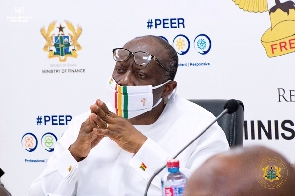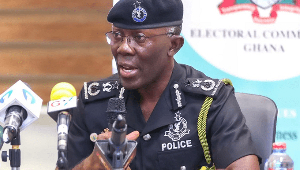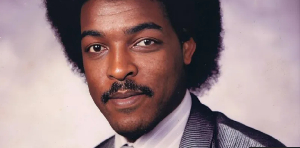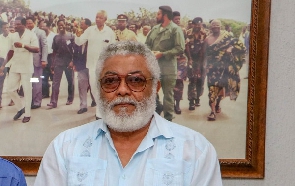SEND Ghana, a policy research and advocacy organisation, has urged the government to prioritise waste recycling as a means of generating revenue for development. The organisation also called on the government to re-introduce the road tolls as a means of mobilizing revenue in the face of the country’s economic difficulties. Mrs Harriet Nuamah-Agyemang, Programme Officer, SEND Ghana, made the suggestions in Accra at a stakeholder engagement on the development of the 2023 Budget statement and economic policy organised by the Ministry of Finance. The engagement was to solicit input from the stakeholders for consideration in the 2023 annual budget preparation to be presented in November. The forum brought together stakeholders, including the Trade Union Congress, the Association of Ghana Industries, the Accra Market Association, the Association of Road Contractors, and civil society organisations, among others. On the health sector, she called on the government to establish a Health Emergency Fund to replace the COVID-19 Fund to support the country’s health sector. “We urged the government to establish and strengthen adolescent girls’ clubs for sex education in health and school facilities with subsidized sanitary pads,” she said. Touching on the education sector, she called for the provision of suitable infrastructure at the basic school level, including kindergarten, and the review of the free Senior High School policy. Dr. John Kumah, the Deputy Minister of Finance, stated that continuous monitoring of the government’s programmes would help shape the country’s development agenda. ” We believe in a culture of governance that promotes transparency and accountability. The Ministry has been exploring avenues to deepen citizen participation to advance the country’s democratic governance,” he said. He said the country’s economic situation was still faced with internal and external factors and stated that the Government was negotiating with the International Monetary Fund for a bailout. The Deputy Minister urged the public to consume local products to boost the country’s revenue and pay taxes to maximize revenue mobilization to address the economic challenges. He said the Government intended to restore and sustain macroeconomic stability, ensure durable and inclusive growth, and promote social protection. Dr Alex Amankwa Poku, Head of Budget Development and Reforms, Ministry of Finance, said the country’s budget cycle covered the formulation, approval, implementation, and monitoring and evaluation processes. He said Ghana in the latest Open Budget Survey in 2021, improved its transparency score from 54 out of 100 in 2019 to 56 in 2021. Watch the latest episode of BizTech below:
Business News of Sunday, 16 October 2022
Source: GNA

















